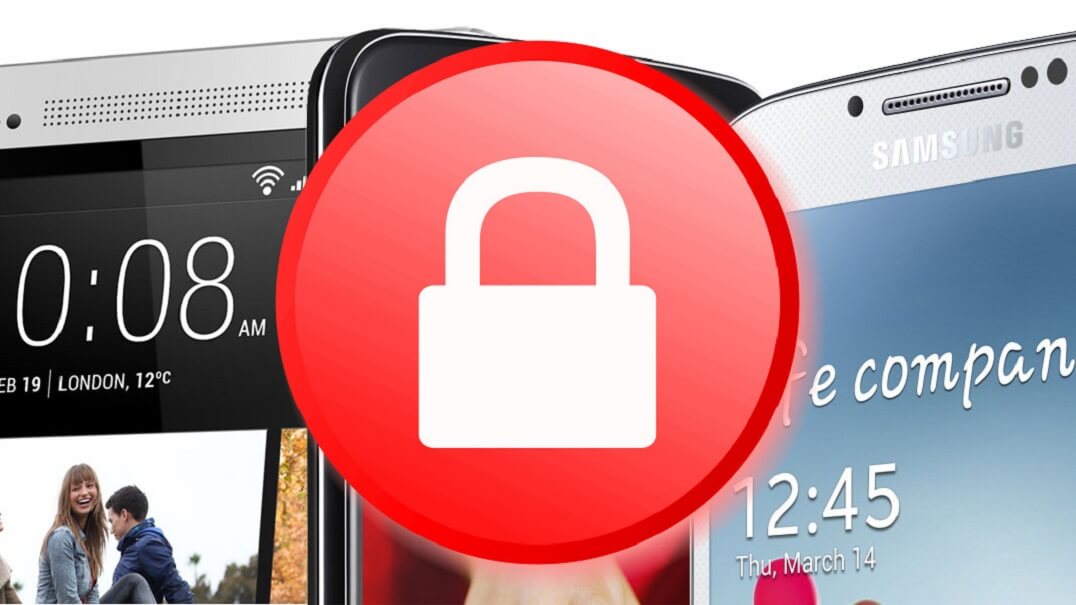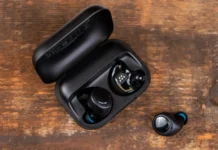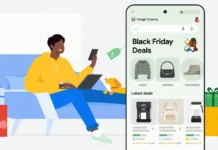Nowadays, Your smartphone is much more important than your wallet, keys, and, in few cases, your actual computer when it comes to sensitive information– but we all have the nagging guilt that we don’t do enough to safeguard our gadgets beyond a four-digit passcode. If you don’t protect your Android devices, your entire data is at risk.
It’s critical to distinguish between iOS and Android devices when discussing cellphones. Experts believe that Android phones are less secure than iOS phones. Those who own smartphones should consider data security on a regular basis. If you’re one of them, I’ll show you how to protect and secure your smartphone in a few simple steps.
Read: Unnecessary Windows Programs and Apps You Should Uninstall
Keep your software up to date
Whether you’re using iOS, Android, or Windows Phone, we always recommend getting the most recent version of the operating system. Because Android updates take a considerable to go through the manufacturer and network testing, this can be a challenge, but it’s definitely worth it. However, you can avoid receiving phone update notifications like the plague, doing so reduces your chances of having your phone hacked. Your data becomes more vulnerable to infection the longer you wait to update your phone and software.
Read: Top 6 Security Blunders That Put Your Computer At Risk
Use a password-protected lock screen
It seems almost absurd in this day and age not to have a password on your lock screen, even if it is a simple one. The first most important thing is to enable a pass lock in your device’s security settings. While having a basic lock has obvious benefits, Android’s face lock isn’t the most secure option. Many Google gadgets score each security system’s effectiveness so you can make an informed decision. Pattern unlocks and pins are among the most secure options, but if you can live with the hassle, a full alphanumeric password is usually suggested. Always remember one thing that any boxes that are listed as”make passwords visible” are also unticked. It is also recommended to change your passcode regularly if someone peeks behind your back and sees what you’ve typed in.
Read: Tips To Protect Your Business Against Cyber Crime
Antivirus software should be installed.
One of the most dangerous hazards that could result in data leakage is the less-than-humble virus. Although the problem isn’t as widespread as it is on desktop computers, and you’re unlikely to come across anything malicious during a two-year contract if you don’t download suspicious software, there is still a serious hazard out there. The scenario appears to be less worrisome for iPhones due to Apple’s strong control over the App Store. Because Android is an open-source operating system, malicious apps can be installed without being vetted by Google. This is something that mobile antivirus software may help you avoid in both cases. McAfee, AVG, and Lookout are accessible on both the iOS App Store and the Google Play Store for added security, but be cautious of any apps that appear weird. If you’re really worried, go to the manufacturer’s website, where you’ll find a link to their mobile app.
Read: Tips To Protect Your Business Against Cyber Crime
Use the kid and guest mode
Kid modes, as well as, to a lesser extent, guest modes, are essential. The last thing any parent would like is to give their mobile phones to their child, and they can access your private information, or not be surprised they can call your boss while you’re discussing some important things. These apps are now available on almost every Android and Windows device, as well as the App Store for iOS; however, make sure you know how to quit them once your child has completed them — I’m sure a lot of people have wasted minutes trapped in a crocodile game because they forgot the PIN.Read: Tips To Protect Your Business Against Cyber Crime
Don’t root or jailbreak your device, and disable apps from untrusted sources
While it may be tempting to download and install programs that aren’t purchasable on the Google Play Store or App Store, these apps are often the most dangerous. Google, Apple, Microsoft, and BlackBerry, as well as BlackBerry, all keep track of the apps available in their own app stores. This suggests that dangerous apps were probably uninstalled before you installed them. It might be dangerous if you don’t know what you’re doing. This is because malware decompiles your operating system and provides you access to the basic code; once you have access, malicious code may change things much more easily.
If you’re already more familiar with the world of rooting and jailbreaking, then definitely you’ll have taken safety measures to protect the security of your device – so be sure you know what you’re doing before switching phones.
Read: How To Keep Your PC Safe When Working Remotely
Apps with vaults and lock codes are useful
Including a second layer of security to protect sensitive data and photographs could be critical. All of your information could be compromised if your passcode gets into the wrong hands. You may then add a second layer of protection by securing apps with a second code generated by a different app. Vault apps also assist you in staying safe by allowing you to save all of the files you want to keep safe in a designated area of your device or on an SD card, as well as erasing the data after failed login attempts. It’s not the most user-friendly feature, but it assures that no one can see the parts you wish to keep private.
We spent hours regularly on our smartphones and use them for different transactions too. Safety, as well as security of your smartphone, is very important to take care of. Follow all the above steps to take your Smartphone’s safety to another level.
Also Read: How To Check If An App Is Safe To Install?


































